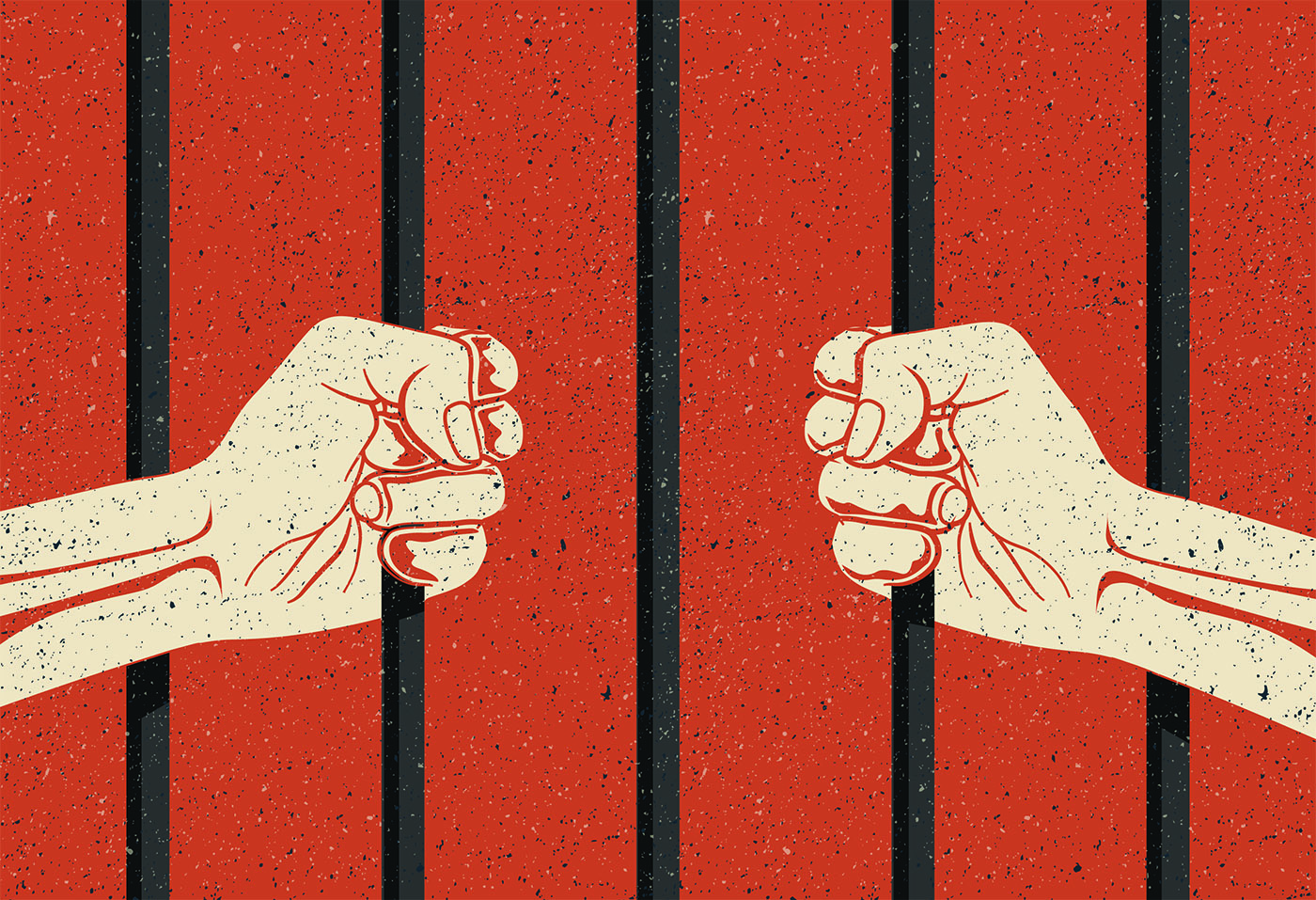The experience of having a loved one in prison is incredibly challenging. The financial, emotional and cultural impact incarceration has on a family can make it difficult for families to stay intact. Despite the confines of correctional facilities, there is a special opportunity to nurture and maintain meaningful family connections. In this blog, we’ll explore the importance of family time in prison, the positive impacts it can have on both inmates and their loved ones, and the different ways families can stay connected despite the challenges of incarceration.
The Importance of Family Time in Prison:
Maintaining Emotional Bonds:
- Family time in prison plays a critical role in sustaining emotional bonds essential for sustaining relationships. For inmates, knowing that their family members are there to support them can offer solace and motivation during their time of incarceration.
Reducing Recidivism:
- Studies have shown that regular family visits and interactions can significantly reduce an inmate’s likelihood of reoffending. Staying connected with your incarcerated loved one provides a sense of purpose and a desire to reintegrate into society successfully.
Support for Rehabilitation:
- Family members often play a critical role in an inmate’s rehabilitation process. The encouragement, love, and support of family can motivate positive change and personal growth.
Ways to Spend Quality Family Time in Prison:
Visitation:
- Many correctional facilities allow for in-person visits. From weekly or monthly visits, to special family day events, there are many opportunities to connect as a family. Be intentional to plan regular visits to spend time together, catch up on family news, and engage in meaningful conversations.

Virtual Visits:
- Despite the four walls of a prison, in addition to in-person visits, most prisons offer virtual visitation options. This allows families to connect via video calls, bridging the gap when in-person visits are challenging.
Letter Writing:
- A heartfelt letter can go a long way in maintaining a connection. Encourage family members to write and send letters regularly, sharing news, thoughts, and words of encouragement.
Phone Calls:
- Phone calls are another way to maintain communication. Even a short conversation can provide comfort and support for both inmates and their families.
Family Support Groups:
- Joining family support groups or attending counseling sessions designed for the families of inmates can offer a sense of community and guidance.
Parenting Programs:
- For incarcerated parents, parenting programs can be incredibly beneficial. They help maintain relationships with their children and provide the tools to support their development from behind bars.
Creative Activities:
- Engage in creative activities during visits, such as drawing, storytelling, or crafting. These activities not only provide a sense of normalcy but also encourage creativity and bonding.
Reading Programs:
- Many prisons have programs that allow inmates to record themselves reading books for their children. This helps maintain connections and encourages a love of reading.
Conclusion:
Family time in prison is about maintaining the connections and bonds that incarceration should not sever. It is essential not only for the incarcerated individual but also for their family members who also experience the impact of the separation. These moments of togetherness, whether in person, virtual, or through letters, offer hope, emotional support, and the foundation for a brighter future post-incarceration.
Recognizing the importance of family time in prison and actively seeking ways to connect can be a lifeline for those on both sides of the prison walls. It is a reminder that even in the face of adversity, love and familial bonds can endure and provide the strength needed to overcome the challenges of incarceration.

